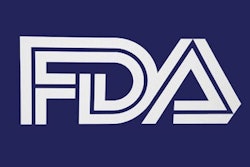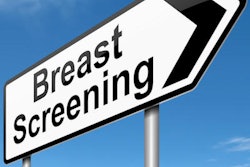Monday, November 27 | 12:45 p.m.-1:15 p.m. | BR228-SD-MOB2 | Lakeside, BR Community, Station 2
It's feasible to link the American College of Radiology (ACR) National Mammography Database to the national network of state cancer registries, according to this Monday poster presentation.And it's a good idea, because it could help resolve the breast cancer screening controversy by providing more data to evaluate screening outcomes, wrote a team led by Dr. Margarita Zuley at the University of Pittsburgh.
"Using common data elements, linkage of the national mammography database to the national network of state cancer registries may be feasible and could supply a vast amount of critical outcomes information to accurately assess the role of breast imaging in the U.S.," the researchers wrote.
The National Mammography Database contains results for about 16 million mammograms, with details on demographics, imaging performed, and interpretation, biopsy, and surgical results. In this proof-of-concept trial, Zuley's group attempted to link its national database data to 2014 data from the University of Pittsburgh's own cancer registry. Matched data elements included patients' Social Security numbers, first and last name, and date of birth.
Out of 10,593 patients entered into the National Mammography Database in 2014, 229 (2.2%) had biopsy-proven breast cancer. The effort to link these cancer patients' information between the database and Pittsburgh's cancer registry was 98.7% successful, using the three data elements; it was 95.6% successful even when patients' Social Security numbers were not used, Zuley and colleagues noted.
"Linkage of imaging and cancer registry databases will help resolve the screening controversy by enabling direct outcomes evaluation," they concluded.




















